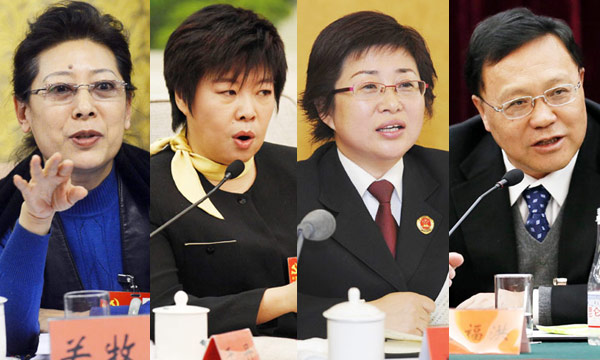Party place
By David Bartram (China Daily European Weekly)
Updated: 2011-06-24 11:04
|
 Top: Justas Pankauskas, vice-chair of the Lithuanian Social Democratic Party.
Above: Karl Duffek, member of the Social Democratic Party of Austria.
|
"The main reason that China's economy has been developing at such a high speed is that in the 1970s and later, the CPC and the government agreed on the need for small and big private business. The CPC understood that without private business, there would be no economic growth," says Justas Pankauskas, vice-chair of the Lithuanian Social Democratic Party.
"There is the growing awareness of problems that go head in head with this process. For example, the environmental problems and also the social problems are connected with the move of many, many people from the countryside into the towns and the growth of the towns. There is the awareness and the willingness to tackle these problems. This is the most impressive change that I encountered."
It is clear the CPC is forging ahead with its own ideas, as it has throughout its 90-year history. "You must remember that all reform in China is basically within the Party," says McGregor. "It is a pipedream (to think of) to transplant Western models onto China."
Kent Deng at the LSE agrees. "For some time now we have seen a convergent trend politically, economically and ideologically to the rest of the world. Ending China's ideological isolation is a major factor that has driven this change."
With a new leadership set to assume control of the Party next year, there is little doubt that the CPC will continue to evolve as China itself changes - both domestically and within the global community.
Meng Jing in Beijing contributed to this story.

Top News
Xi emphasizes adherence to CPC Congress spirit
Top legislator urges implementation of congress spirit
Moderately prosperous China brings chances to world
Video







